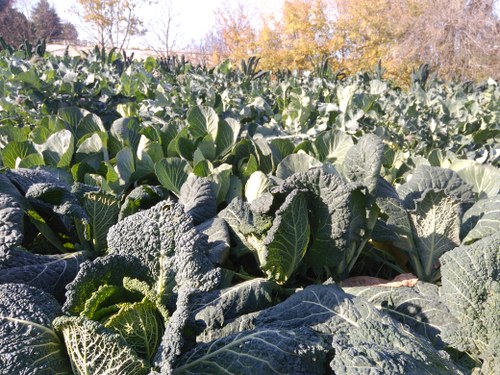Case study of social innovations: urban food co-op with social inclusion.

Location: Bologna, Italy
Typology: Urban food co-operative
Urban area: Suburbs
Innovation type: Social innovation
Main functions: Food security – Social inclusion – Alternative food networks – Local development – Education and training
Users: Cooperative – Citizens
Eta Beta Bio is the section of Eta Beta Cooperative devoted to produce and distribute vegetables and fruits to the citizens and food co-ops of Bologna. According to the cooperative principles, social inclusion is the axis for job creation. Eta Beta Bio has 4 ha of local and seasonal food production produced following organic and environmentally-friendly agriculture practices.
Crops: 30 different crops (Salad, Chicory, Carrot, Eggplant, Tomato, Potato, Zucchini, Pumpkin, Cucumber, Melon, Watermelon, Onion, Escarole, Cabbage (multiple types), Kohlrabi, Leek, Fennel, Beetroot, Celery, Radicchio, Chard)
Techniques: Organic soil cultivation
Irrigation: Automatic irrigation – Well water
Use of renewable resources: Use of manure
Sustainable practices: Pesticides-free production – Organic fertilization – Production km.0 – Seasonal production
Sanyé-Mengual, E., Specht, K., Grapsa, E., Orsini, F., & Gianquinto, G. (2019). How Can Innovation in Urban Agriculture Contribute to Sustainability? A Characterization and Evaluation Study from Five Western European Cities. Sustainability, 11(15), 4221.